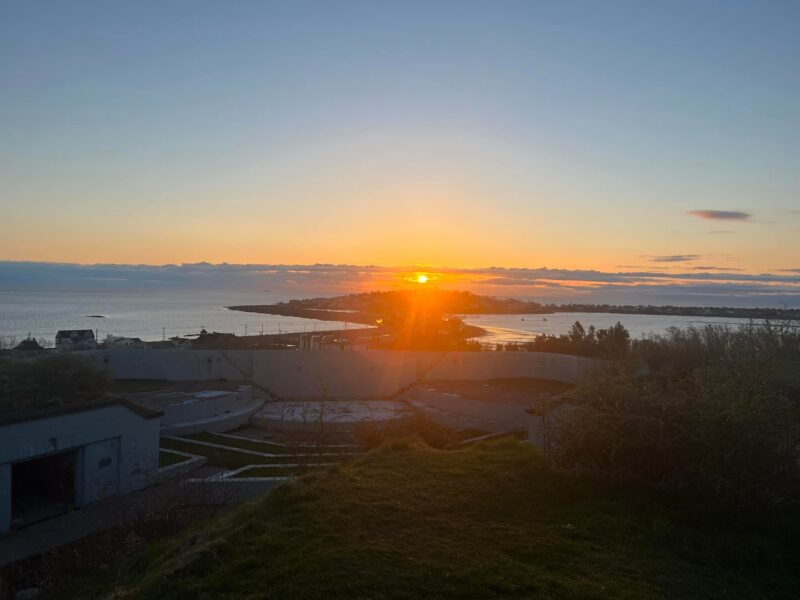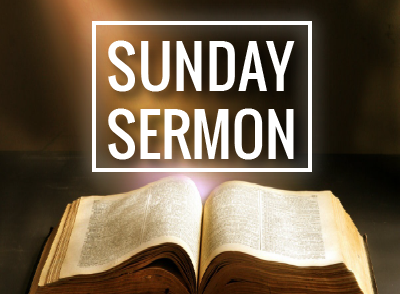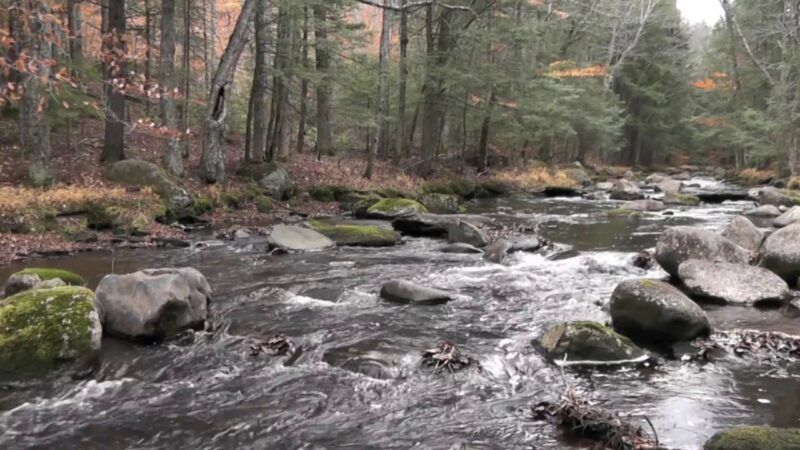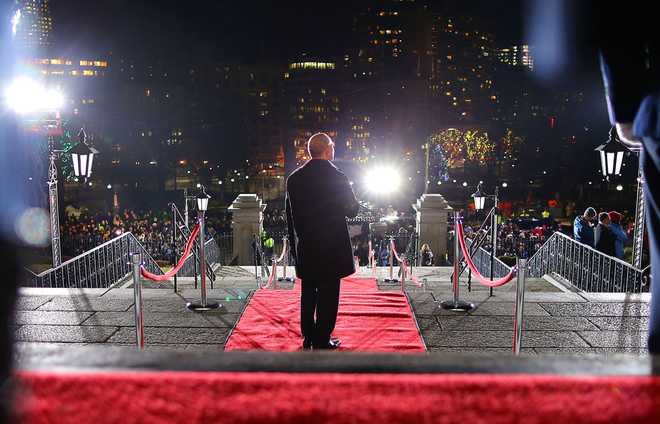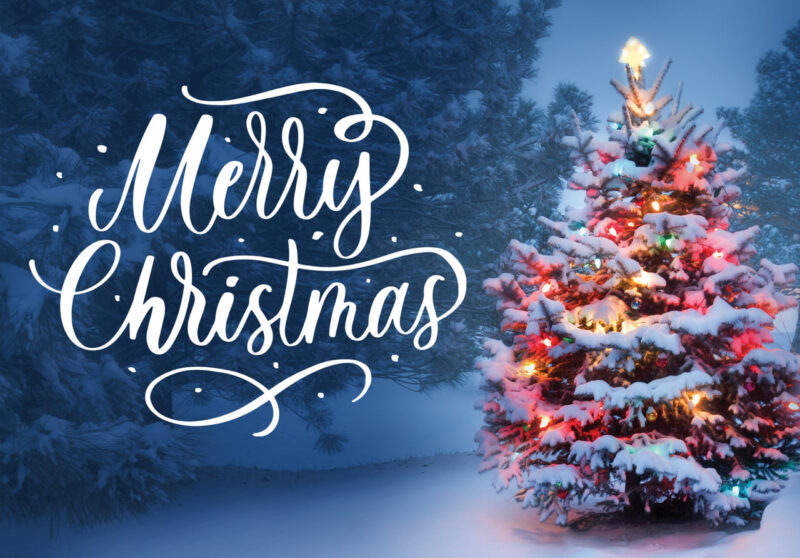John 20:1-18
Our journey is complete. Some 40 days ago, we began a spiritual journey that has brought us to this moment. We started this journey by being reminded, on Ash Wednesday, that we are mortal and that our time here on this earth is short. Then, we witnessed Jesus calling his Apostles and the start of his ministry. This ministry would include healing a blind man or two, cleansing leapers, making water into wine, walking on water, raising Lazarus from the dead, and his great political stunt last week, his entrance into Jerusalem.
And this week, we witnessed his final days. So many of us skip Holy Week and go right from the joy and celebration of Palm Sunday and skip right over to the joy of Easter. We skip the messy bits in between. We skip the betrayal by a close friend. We skip another friend denying Jesus three times. We skip the command to “do this.” We skip the forgiveness given from the cross and the final breath of the one who gave us all breath.
But regardless of how we got here, what is essential is that we are here and have witnessed the victory of life over death. Today we see the result of ultimate love and the gift of forgiveness. Ultimate love and forgiveness for all of us, for God so loved the world that he gave his only begotten son so that all who believe in him may have eternal life.
But today, we need to back the story up just a little. The story begins early on that first Easter morning. We meet Mary on the road. We hear in another Gospel that she is bringing the spices necessary to complete the Jewish burial ritual. You see, they had to remove the body of Jesus and place it in a tomb so quickly because it was the Sabbath that they did not have time to prepare, and now they had to complete the task.
Perhaps while she walked, she reminisced a little about the last three years and maybe even thought about her grief over what had happened over the previous twenty-four hours. She continued her journey mentally, preparing for the task ahead.
She arrives at the tomb, and the stone has been rolled away. The confusion comes over her, and a touch of concern. She fears the Romans or the Temple authorities have come in the night and stolen his body. We have the benefit of knowing how this will all end, but Mary, standing there looking at the empty tomb, has no idea what is happening.
We read that Mary Magdalene was among the first to arrive. There are many stories about who this Mary was, but regardless of her past or what she had done, she was one of the first to arrive and, might I add, was the first to preach the good news of the Resurrection. But then, we read that she ran back to tell the others, and by others, I mean the men hiding behind locked doors; she comes to tell them that the stone has been rolled away and that Jesus is not there.
In Mark’s Gospel account, we read that this same Mary encountered a man she thought to be the gardener who told Mary that Jesus was not there, that he is risen, and that she was to go and tell the others and Peter the good news. That same gardener, the Risen savior himself, asks Mary why she is weeping. For Mary, Jesus was the only one to accept her as she was. Jesus was the one that protected her and brought her love and forgiveness, and now, not only was he dead, but his body was gone, and she did not understand.
Why do you weep, the gardener asks, and she tells him it is because Jesus is gone. Then the man calls her by her name, and instantly she knows it is Jesus, and her tears of sadness turn to tears of Joy and hope, hope in the Resurrection of Jesus Christ, and she is so full of this joy that she runs back to tell the others.
When we strip it all away, the entire story of Lent and the entire story of Holy Week, actually, the whole story of Christianity is about hope. Jesus came and walked among us to bring us hope and to show us a way of life that would bring us hope and teach us how to bring hope to others.
Sitting in that upper room, the place where only a few short days before Jesus had shared the Passover with them, the Apostles and the others had lost all hope. Their teacher, their leader, and their friend had been taken away and murdered right before their very eyes. Peter had lost all hope recalling that he had denied Jesus when the going was difficult for him. They recalled that one of their own, who had been with them from the start, had turned him in to the authorities, and he was also now dead. They had lost all hope until someone brought them the good news that Jesus is Risen from the dead.
Right now, maybe even sitting here among us, are people who have lost hope. Right now, maybe even among us, some people feel they are not loved. Right now, perhaps even sitting here among us, some people do not think they can be forgiven for their actions. But right now, in this special place, we hear the good news that Jesus Christ is Risen, and because of that, you are indeed loved. You are indeed forgiven. And we have hope. Hope that things will get better, maybe not tomorrow, but they will get better because Jesus is not some distant far-off God, but a God who humbled himself to share in our humanity, our grief, our pain, our anguish, and Jesus understands and loves us unconditionally.
The story of the Resurrection does not end here. The story of the Resurrection has to be taken from this place, just as it was taken from the tomb and loudly proclaimed so that all will hear and have hope. We need to proclaim the Resurrection with our very lives because we have been forgiven and we are loved, and we need to show the world that they are as well.
Let us find that Easter joy, a joy so complete that it transcends all hatred and bigotry, and that we can see each other as loved and forgiven and take joy in that knowledge.
Why do we weep? We weep because God loves us to such a degree that no matter what, God loves us and forgives us.
Amen.

